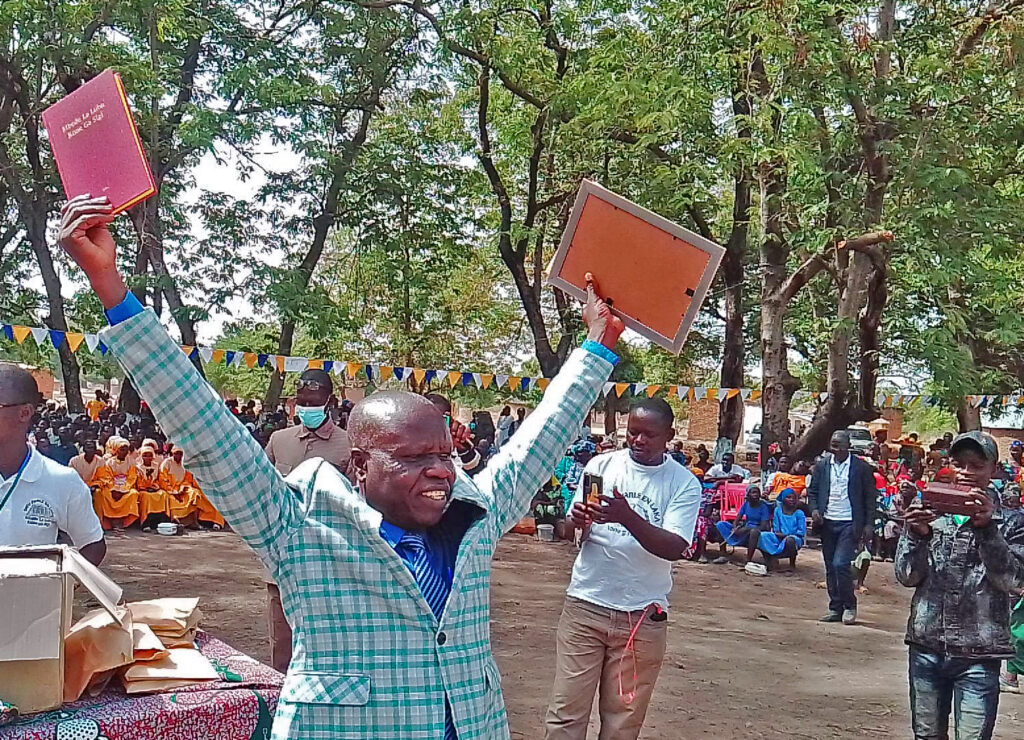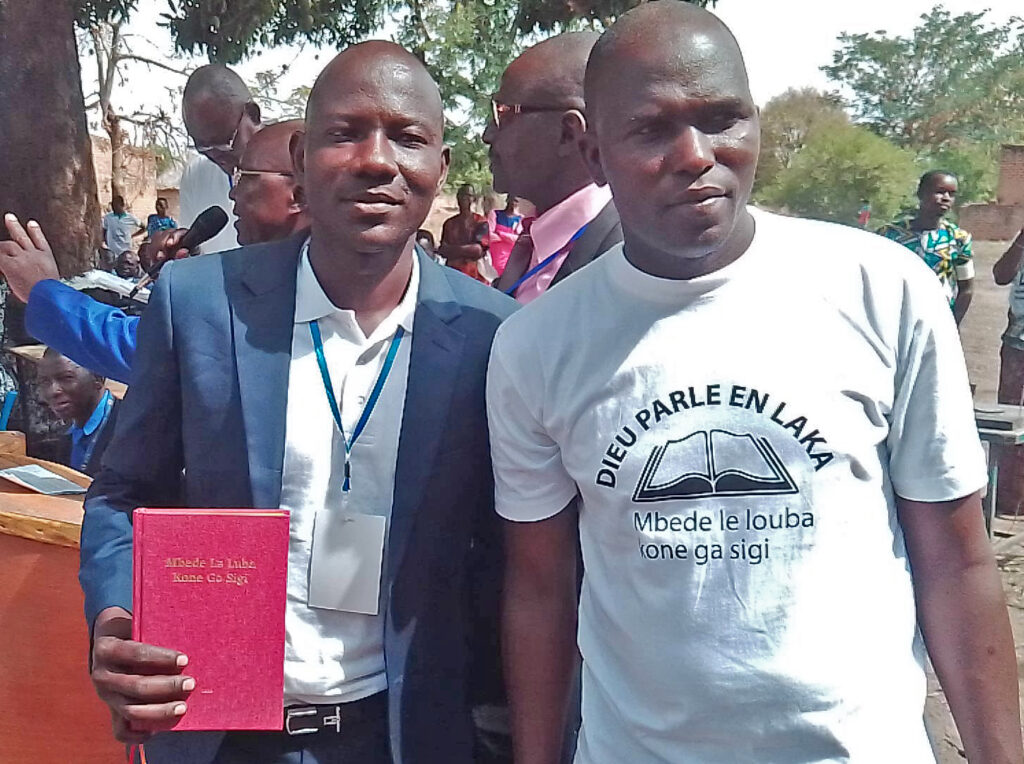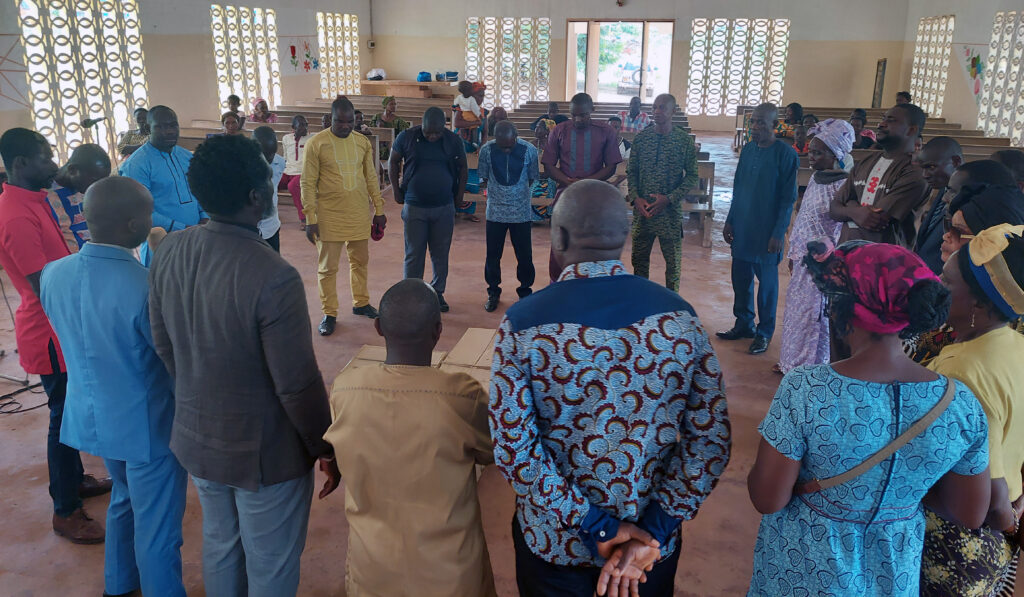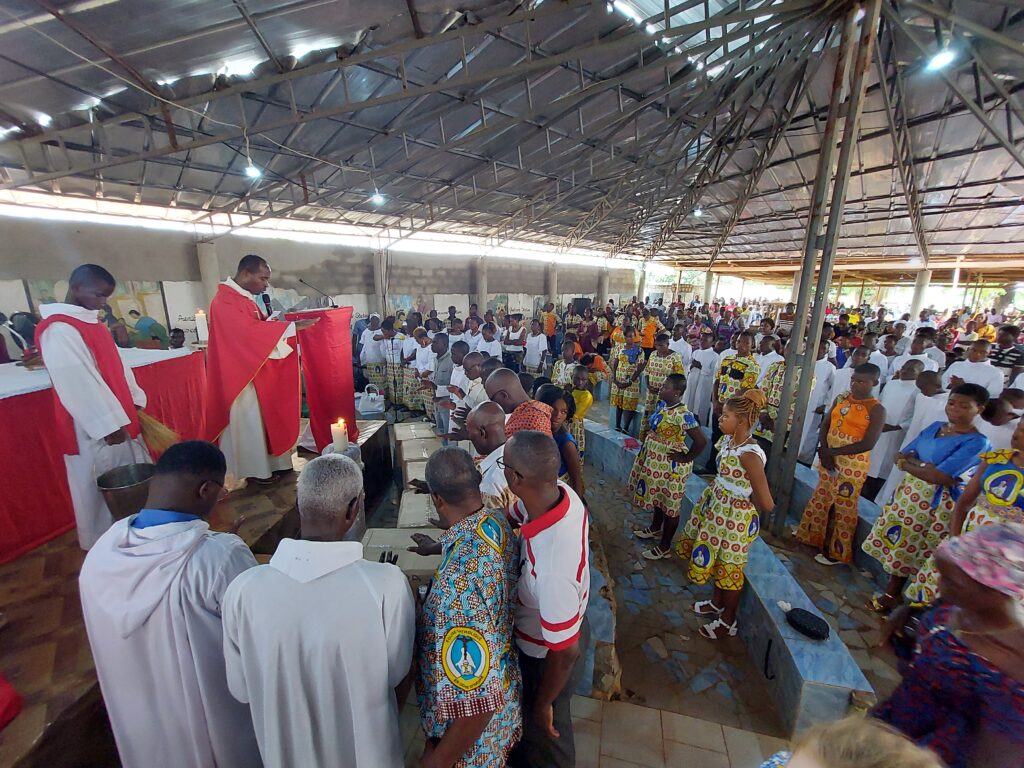Where’d the Power Go?
How would you work if you only had intermittent power for about eight hours during the week—some of which came on at night?
Jacques, an IT consultant, traveled to Bangui, the capital city of Central African Republic (CAR), prepared to resolve network issues at the local translation center known as ACATBA. When he arrived, he realized that the servers where the translators store all their translations had no power.
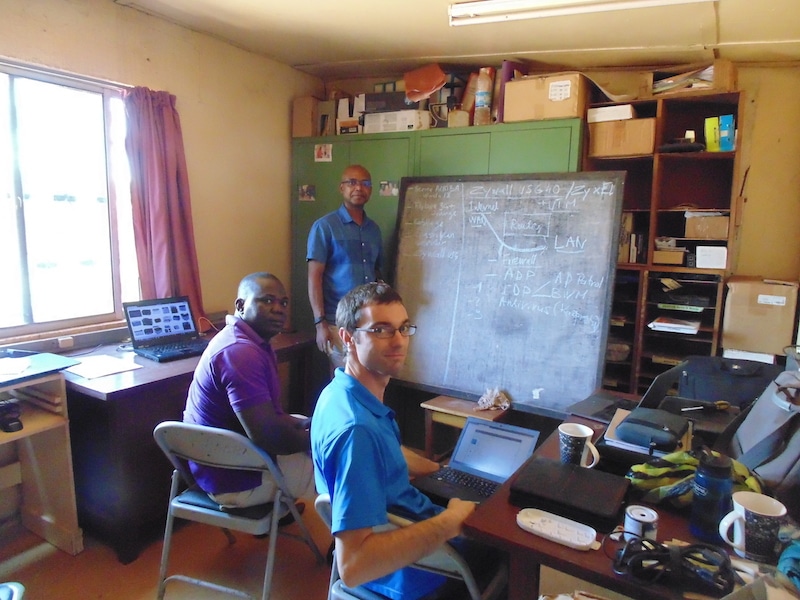
In Bangui, the hydroelectric dam that supplies power doesn’t have enough capacity to provide constant power to everyone twenty-four hours a day. So the city rotates when each neighborhood receives power. Typically, people only have power about eight hours out of the whole week. And, if a neighborhood’s turn for power comes in the middle of the night, people have to capture the power on batteries.
At ACATBA, the IT equipment—backup and file-sharing and primary wifi router—was powered off abruptly every time the power cut out. According to Nate, an IT specialist who works next door to ACATBA at the SIL* office, “There are on average at least one or two power cuts every work day, and often more at night. This was causing serious risk to the equipment, especially the hard drives. One of [the drives] had to be replaced recently due to irrecoverable damage over time.”
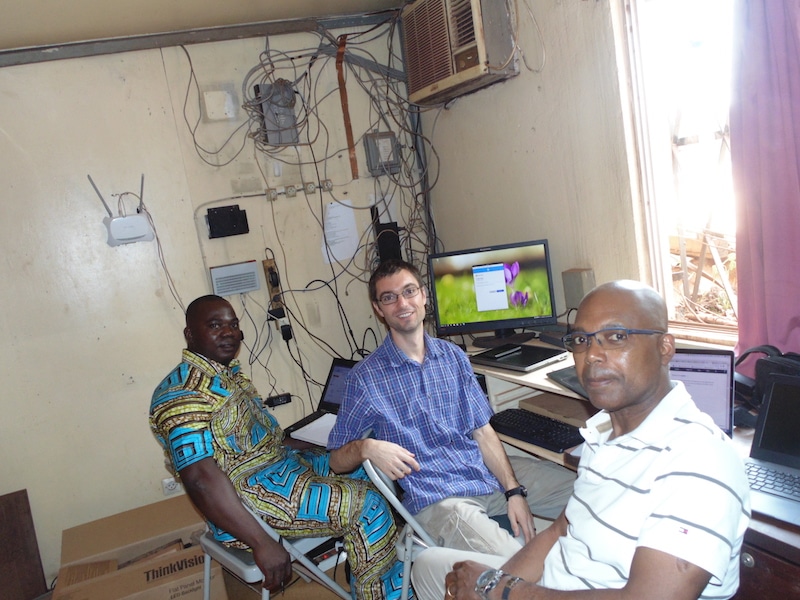
Translators could also lose their work if they hadn’t saved it recently. Even if they had saved their work, they could still potentially lose it because of an unexpected hard drive failure due to these frequent power cuts. These cuts also hindered translators and other workers because they couldn’t access the local network or internet until the power returned. As Bill Mayes, the project manager for IT projects in Africa, says, “[Translators] can’t do their work unless they have power.”
To solve these frustrating, sometimes destructive electricity problems, Bill approved and partners like you funded the installation of a solar panel for the server room. Jacques, Nate, and co-worker Elie also installed some software and devices to help store the translators’ data on the computer and the cloud. One of these devices allowed the entire office, instead of each person, to access the internet—a much more cost-effective choice.
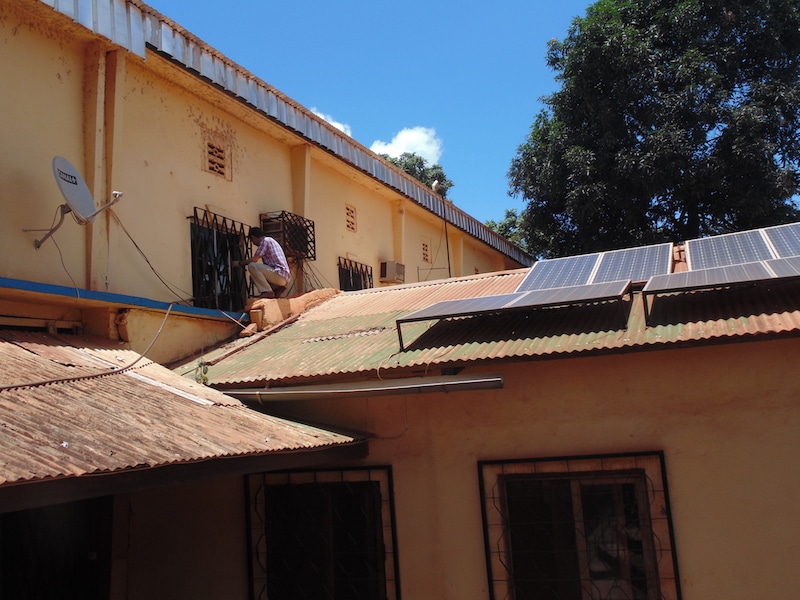
“With this system in place,” Nate says, “the equipment now sees much less frequent power cuts (maybe one per week), which will help tremendously in extending the life of the equipment. This power backup equipment ensures that this access continues throughout the day, enabling more effective work as well as ensuring that data backup can happen.”
Adequate backup power now means Nate has much less anxiety about the durability and longevity of the equipment.
Options in Bangui for quality IT equipment and support are very limited. “We feel like we have to work twice as hard to provide even half of the services and support that are available elsewhere. Any efforts by SIL Africa and JAARS to support the efforts of [translation work here in CAR] are tremendously appreciated.”
You can support the efforts of our brothers and sisters in Africa by giving to our Technology Solutions.
*SIL is a JAARS partner.



























































